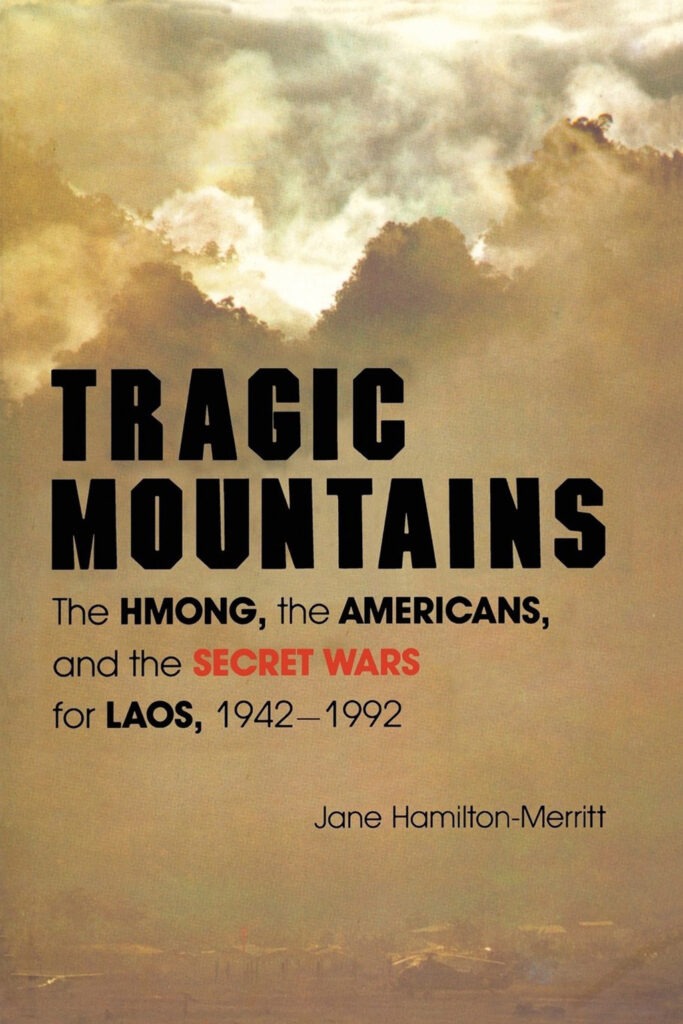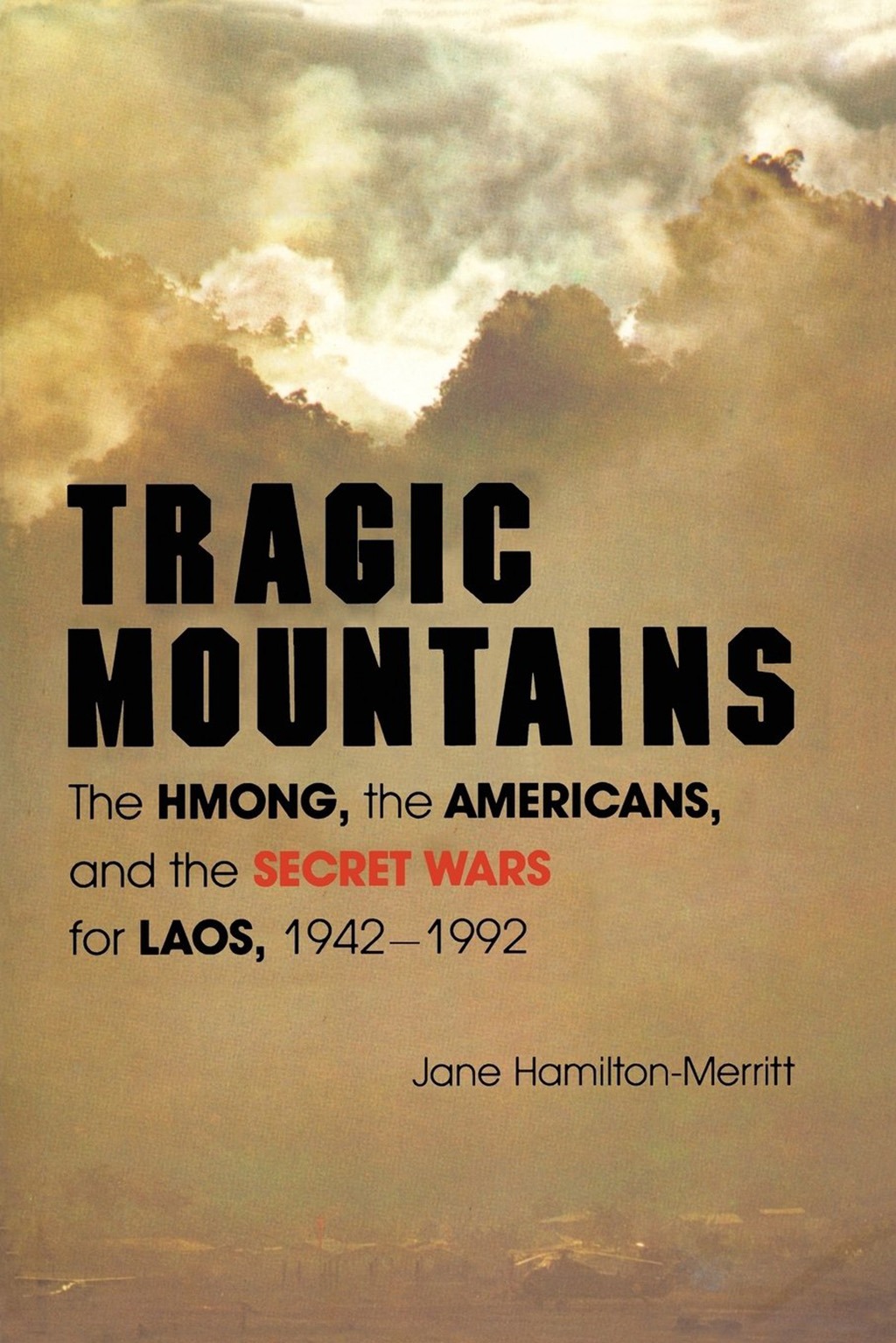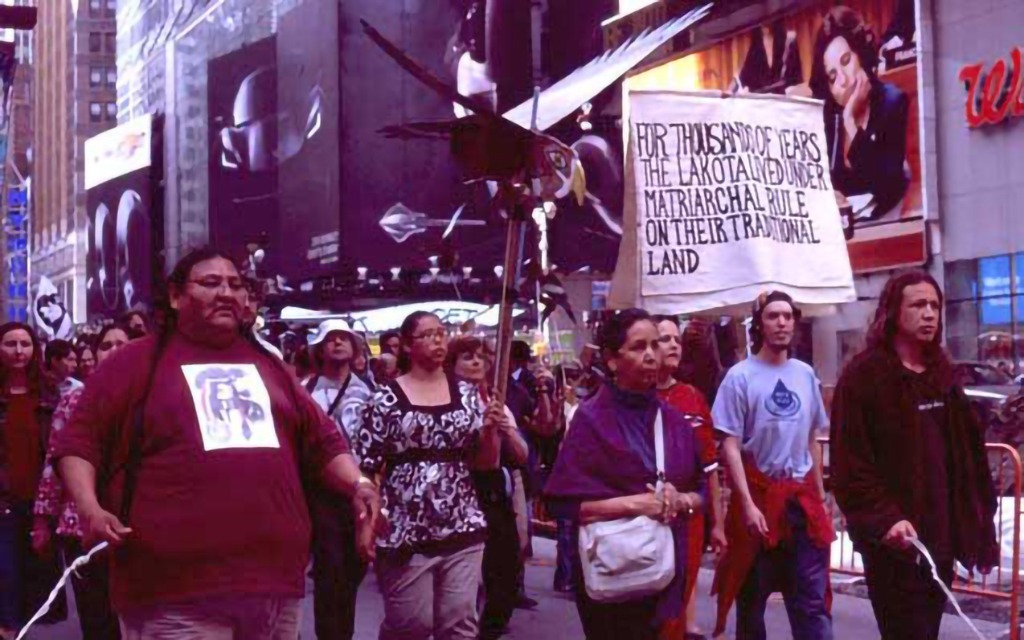
Like the Reservations onto Which Native Americans Were Driven
Our Wartime Allies, The Hmong, Are Forcibly Being Repatriated They Rescued Our Air Crews And Fought Our Battles During The Vietnam War. Now, When They Need Us, We Are Sending Them Back To The Communists In Laos.

When heroes of World War II recently descended upon the beaches of Normandy bearing stories of honor, valor and commitment, America was touched by their sacrifices to liberate Europe from tyranny. But other soldiers who served America’s interests valiantly in a more recent war have been treated with indifference, and many will now be exposed to peril. Thousands of Hmong, a tribal people from Laos who were the staunchest of U.S. allies during the Vietnam War, will be forced from refugee camps in Thailand and repatriated to Laos under a U.N.-sponsored agreement signed last week. While the United States was not a direct signatory, it supports the repatriation program and partially finances it. America has taken this course in the clear knowledge that the Hmong will be returning to a repressive and authoritarian communist state they have long battled – a state with a record of human rights abuses. Yet the American government maintains returning Hmong will be safe.
In doing so, American policy makers ignored the testimony of large numbers of Hmong from across the United States – 150,000 now live here – who came to Washington in April to beg Congress to protect their kinfolk from being forcibly repatriated. During hearings conducted by the House Subcommittee on Asian and Pacific Affairs, chaired by Gary Ackerman (D., N.Y.), they gave compelling evidence of a flawed and corrupt screening process to determine refugee status for Hmong who had escaped from Laos to Thailand, of persecution and abuses of Hmong returnees by Lao authorities, of continued fighting and use of chemical weapons by the Lao military, and of “ethnic cleansing” against the Hmong. Unlike the honors given to those who fought in the battles of D-Day, the Hmong in the hearing room, many of whom were former soldiers, received no standing ovations for their honor, valor and commitment to the U.S. government.
Several members of Congress and former CIA director William Colby told of Hmong sacrifices during the Vietnam War. Lionel Rosenblatt of Refugees International confirmed the position of the Lao Human Rights Council that few Hmong refugees in Thailand wish to resettle to Laos at this time. But Phyllis Oakley, the State Department’s Bureau of Refugee Programs’ acting director, adamantly reiterated the bureau’s position that there is “no credible evidence” of forced repatriation of Hmong to Laos or of abuses against Hmong returnees. Initially, the subcommittee staff refused to accept Hmong affidavits of detailed “credible evidence” that the State Department insists is missing. Eventually, a few were allowed to be submitted for the record.
And Oakley, during her testimony, ignored the State Department’s own human rights report that described Laos as a police state where the ruling communist party restricts freedom of speech, press and assembly, denies the rights of privacy and monitors international mail and phone calls. The report said arrests are made on unsupported charges and that prisoners, many of them political prisoners, are forced to labor for both state and private enterprises. Why did Oakley do so? The U.S. position seems to be aimed at accommodating the current Lao regime in order to enlist its assistance in resolving the POW/ MIA issue and in curtailing the trafficking of narcotics from Laos. (Laos is the world’s third largest producer of opium, the base for heroin.) In my testimony, I noted several chilling aspects to the repatriation plan. Unlike the Cambodian refugees who returned to their villages, Hmong are not allowed to return to their mountain homelands.
Instead, they must live on marginal land in the unfamiliar lowlands on Lao government approved sites. It’s a hostile environment with no protection – similar to the reservations onto which Native Americans were driven. Americans should remember their history with Native Americans. In many ways, the Hmong are as different from the lowland Lao as Native Americans were from the white man. We should recall that for years we treated Native Americans as second-class citizens and cared little about their extermination, as we settled them in places where they did not want to live. The Lao are doing the same with the Hmong and the United States should not be party to it. I testified that returning such vulnerable ethnic refugees – and former U.S. allies – to the dark and repressive regime in Laos that has publicly vowed “to wipe them out” was bad policy.
I pointed out that Laos does not allow monitoring of returnees by unannounced visits by credible independent investigators, nor does it permit the use of nonbiased interpreters. Such a policy is in violation of principles sacred to most Americans. Yet, U.S. tax dollars – some $2 million this coming year – will be used for this program, which involves the repatriation of 8,000 Hmong by the end of this year, and 4,000 by mid-1995. This repatriation should not go forward and U.S. funding should be immediately terminated. Many of the Hmong in Thailand – either in camps or in hiding – have relatives in the United States, Canada, France or Australia. They should be allowed to apply for family reunification directly from Thailand rather than sent back to Laos. The Hmong continue to suffer greatly for their alliance with the United States.
This worthy, honorable and proud people sacrificed much in their fight to keep their homeland free, to rescue downed U.S. air crews, to defend critical U.S. navigation sites, and to keep at bay in northern Laos some 70,000 crack North Vietnamese troops for 10 years. They do not deserve to be mistreated by the United States. Their valor, commitment and sacrifices for freedom should be recognized and rewarded.





Responses